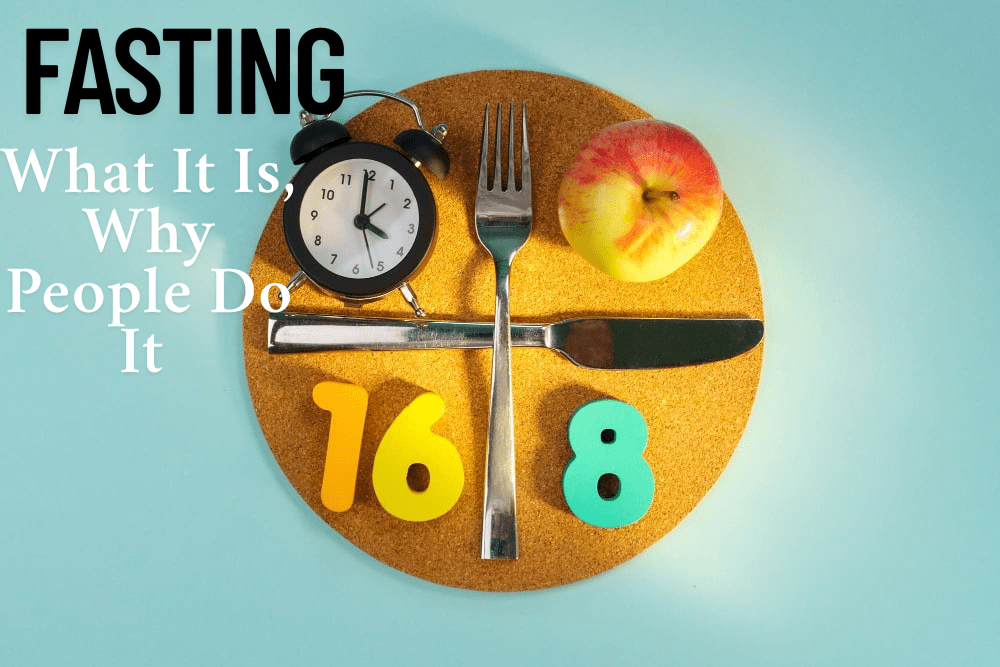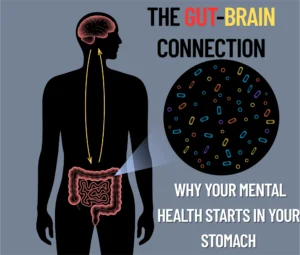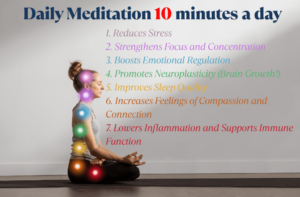Fasting has been practiced for thousands of years—for spiritual, cultural, and health reasons. But recently, it’s gained serious attention in the wellness world. From weight loss and better energy to potential disease prevention, fasting is being talked about as a simple but powerful health tool.
But what is fasting really? And does it live up to the hype?
Let’s break it down.
What Is Fasting?
Fasting simply means not eating for a certain period of time. There are many different types, including:
- Intermittent Fasting (IF): Cycling between periods of eating and fasting (e.g., 16:8 — 16 hours fasting, 8 hours eating).
- Time-Restricted Eating: Eating all meals within a set time window, like 10 a.m. to 6 p.m.
- Alternate-Day Fasting: Eating one day, fasting the next.
- Prolonged Fasting: Going without food for 24–72 hours (only under medical supervision).
Fasting doesn’t mean starvation. It’s a structured, intentional break from food to give the body time to reset and repair.
Why Do People Fast?
1. For Weight Loss
When you fast, your body uses stored fat for energy. That’s why many people turn to intermittent fasting as a way to shed extra pounds without counting calories every day.
2. For Better Metabolic Health
Fasting can improve insulin sensitivity, lower blood sugar levels, and help regulate hormones related to hunger and metabolism.
3. For Mental Clarity
Some people report better focus and energy during fasting periods, possibly due to stable blood sugar levels and the release of brain-friendly chemicals like BDNF.
4. For Longevity
Animal studies suggest that fasting may help slow aging and extend lifespan by reducing inflammation and oxidative stress. Human studies are still catching up.
5. For Cellular Repair
During fasting, the body goes into a state called autophagy—a natural process where it cleans out damaged cells and makes way for new ones. This is believed to help with everything from immune health to possibly reducing the risk of certain diseases, including cancer.
What the Research Says
Fasting shows promise in many areas, but it’s not a magic fix. Here’s what science supports so far:
✅ Helps with weight management
✅ Supports blood sugar control
✅ May reduce inflammation and blood pressure
✅ Can improve cholesterol levels
⚠️ May support cancer treatment and longevity—more research is needed
Who Should Not Fast
Fasting isn’t safe for everyone. You should avoid fasting or speak to a doctor first if you:
- Are pregnant or breastfeeding
- Have a history of eating disorders
- Take medications that must be taken with food
- Have diabetes or blood sugar issues
- Are underweight or malnourished
Tips to Get Started Safely
- Start slow – Try 12:12 (12 hours fasting, 12 hours eating) and work up.
- Stay hydrated – Drink water, herbal tea, or black coffee.
- Don’t binge after fasting – Break your fast with balanced, nutritious meals.
- Listen to your body – Dizziness, fatigue, or mood changes may be signs to pause or adjust.
Final Thoughts
Fasting is more than just a trend—it’s a powerful tool when done mindfully. Whether you’re aiming for weight loss, better focus, or metabolic health, fasting could offer benefits worth exploring. Just remember: there’s no one-size-fits-all. What works for someone else might not work for you.
The key is to listen to your body, stay informed, and make choices that support your long-term health.
Have you tried fasting? Curious about how it could fit into your lifestyle? Share your thoughts in the comments!












